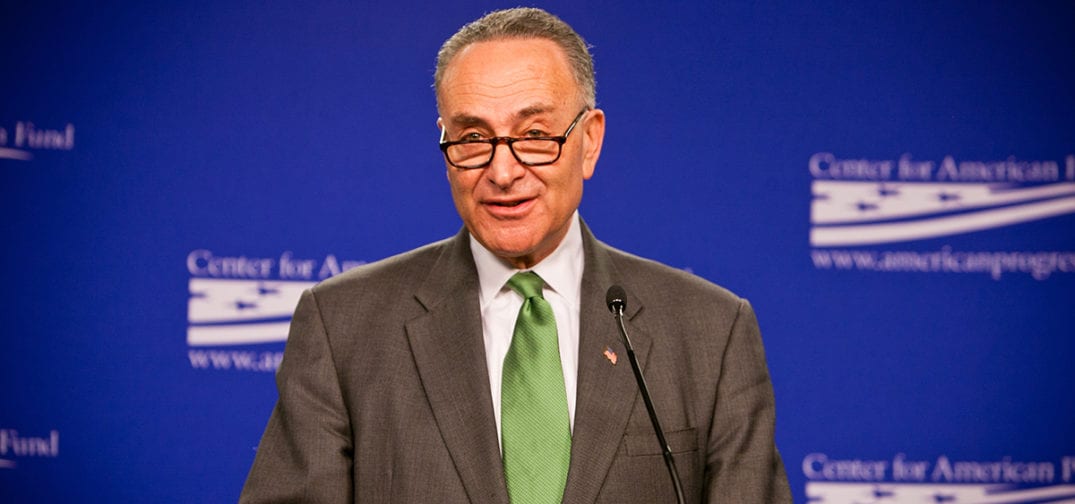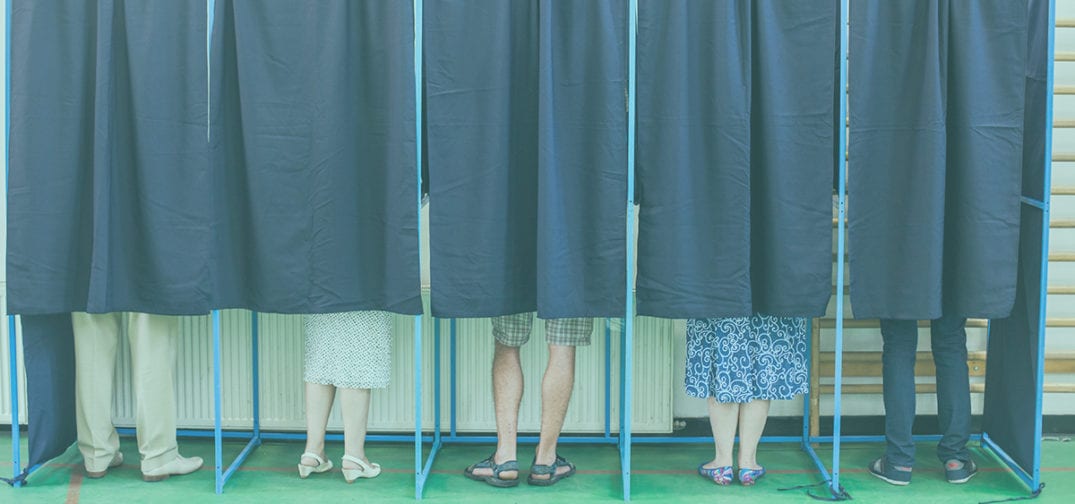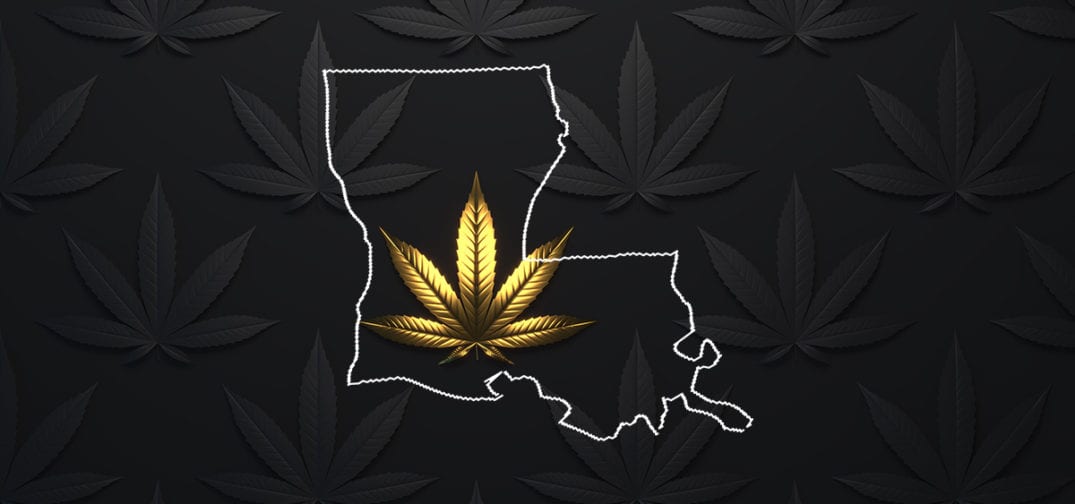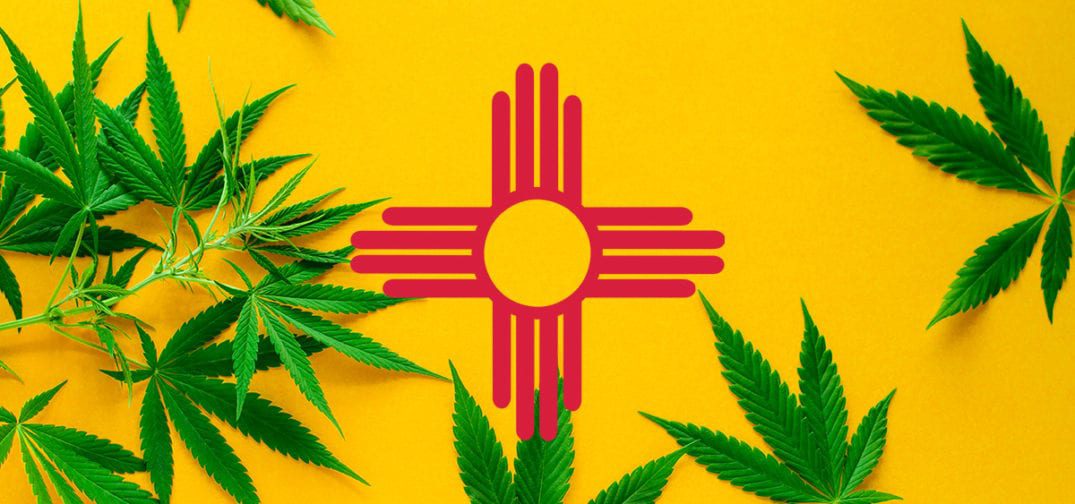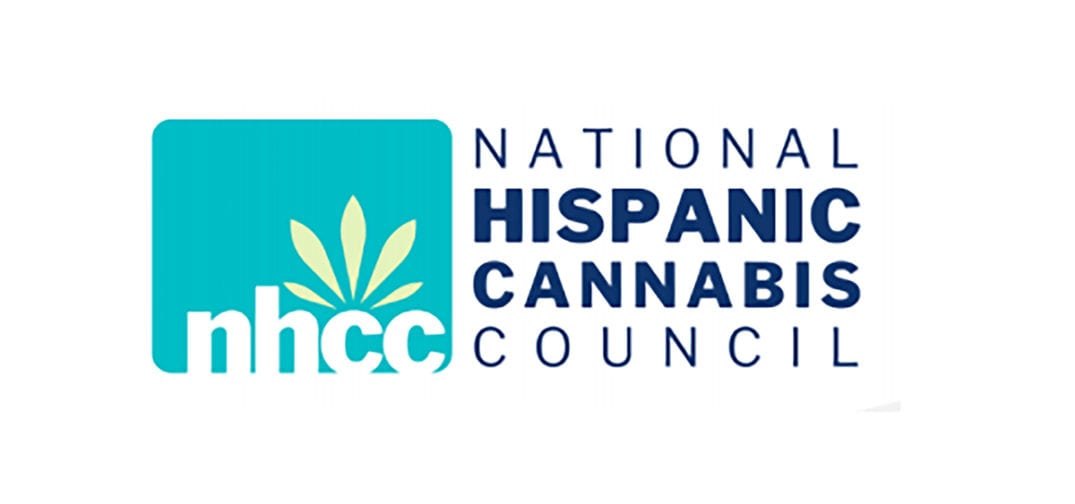Between the advent of CBD wellness and the crumbling of cannabis prohibition throughout the US, medical cannabis is an explosively popular topic right now. However, one major facet of cannabis medicine — how cannabinoids can be a useful and natural alternative for veterinarians and pet parents — remains largely unexplored.
Our latest Q&A interview features Dr. Trina Hazzah, a veterinarian and the co-founder/president of the Veterinary Cannabis Society. In this interview, Dr. Hazzah discusses her transition to first exploring cannabis as alternative medicine, her training in Traditional Chinese Medicine, and the conditions for which she may recommend cannabis and/or hemp products. She also explains the Veterinary Cannabis Society’s work to advocate for and educate about the safe use of cannabis medicine for pets, offers tips for cannabis companies who want to create infused products for pets, and more.
Read the full interview below!
Ganjapreneur: What is your veterinary background? Do you have experience with large animals along with family pets?
Dr. Trina Hazzah: As a first-generation Egyptian, I come from a long line of animal lovers. From tortoises to dogs, my grandmother taught me to love and appreciate all animals. I got my first dog when I was 15, and I started cleaning cages at the vet hospital to cover the financial fees of being a dog-owner. Next thing I know, the veterinarian asked me if I could step in to help with a surgery.
Being born and raised in Washington, I have very little experience with large animals except for our family trips to the National Zoo. I received all my training with large animals in Veterinary School where I was in charge of caring for horses, goats, etc during my large animal medicine rotation and ambulatory farm calls.
Why did you transition from traditional medicine to an alternative approach?
I knew there was more I could do to help my patients that expands beyond conventional medicine. I had been practicing oncology for almost 5 years before I took a step back and re-evaluated my approach. That’s when I started to integrate herbs into my practice, including cannabis. I also became certified in Traditional Chinese Herbal Medicine. Currently, I’m one of the few Board Certified Integrative Veterinary Oncologists in the country who is trained in both Traditional Chinese Medicine as well as conventional medicine.
What Traditional Chinese Medicine herbs aside from cannabis can be used to treat our pets? Are there any herbs from this practice that are safe for humans but toxic to animals?
From reducing anxiety to supporting the immune system or even fighting cancer, there are hundreds of Traditional Chinese Herbal Formulations for essentially every disease or condition that exists in pets. Pet parents can visit the American Holistic Veterinary Medical Association’s website to find a holistic practitioner in their area.
It’s important to work with a holistic practitioner to help find the best options when sourcing your pet’s herbal formulation. This also helps you avoid the Chinese herbs that are contaminated with toxic compounds such as aconite or strychnine. A practitioner can also help you steer clear from herbs containing undeclared plant material, heavy metals, pesticides, and microorganisms, which can cause serious side effects.
Where did you learn about cannabis therapies?
Overall, I would say it was my love and passion for science, integrative medicine and helping animals that drew me into the cannabis industry. I quickly dove into all available literature, started attending cannabis conferences and symposiums, while also absorbing everything I could from experienced cannabis physicians. I also immersed myself into organizations such as the Society of Cannabis Clinicians and the Canadian Association of Veterinary Cannabinoid Medicine just to surround myself with like-minded professionals. I later co-founded an organization of my own- the Veterinary Cannabis Society.
What conditions would you normally recommend treating with cannabis or hemp?
The two most common reasons why pets are introduced to cannabis is to help alleviate anxiety or pain. Gastrointestinal disease, neurologic disease, anxiety, cancer, and inflammatory skin diseases are a few other conditions where cannabis has been shown to be effective. The pharmacokinetics and safety of CBD and other cannabinoids in dogs and cats has been published across studies since 2018, along with a handful of clinical studies supporting the use of CBD-dominant hemp products for osteoarthritis and seizures in pets.
How are the dosing parameters and delivery methods different for pet vs. human products that are infused?
The first mistake pet owners make is assuming that products made for human medical patients or consumers are automatically safe for animals. This couldn’t be further from the truth. The major reason for that is because the contamination testing limits for human patients may be completely different from those that are safe for animals. Cannabis products for humans may also contain ingredients that are toxic for animals such as xylitol, chocolate, raisins, etc. It’s important to note that dogs, in particular, are much more sensitive to the effects of THC, because canines have a higher density of cannabinoid receptors in their cerebellum compared to any other species studied.
Essentially, infused human products are simply far too potent for dogs especially, but there are several different product formats with varying potency levels specifically developed for animals. There are tinctures, treats, capsules, you name it. The key is to understand the pros and cons of each, because every pet is unique, and one method may be more effective than the next. For instance, some cats might be turned off by the strong aroma of the terpenoids found in a tincture, but the same cat might enjoy an infused treat instead. When it comes to identifying the optimal dose, I’d say the “start low and go slow” process that’s often advised for human patients applies here for pets as well. If you are unsure about how many milligrams make an optimal dose, it might be best to use a tincture that helps quantify exactly how many milligrams a pet is receiving.
Do you have any tips for cannabis and CBD formulators for making effective and safe products for pets?
Focus on the science, and partner with cannabis veterinary experts to develop an unbiased, scientifically justified, and most importantly, undeniably safe pet product. Cannabis producers should follow a stringent set of quality control standards, which VCS is in the process of developing. We are currently working on a “Veterinarian Cannabis Society Seal of Approval” signifying certain product batches as meeting the highest standards of quality and safety.
Why don’t veterinarians feel comfortable speaking with pet parents about cannabis medicine?
Frightened by the possibility of legal ramifications and disciplinary action from their local veterinary board, most veterinarians struggle to discuss cannabis with pet parents. The majority of the state veterinary medical boards are not taking a solid stance for either hemp or high THC cannabis products, making it very difficult for veterinarians to understand the legal parameters within their specific state. California was the first state to pass a bill allowing veterinarians the right to discuss cannabis with pet parents without any fear of disciplinary action. Michigan recently followed in California’s footsteps, so there is some progress being made.
A 2019 study that surveyed 2,208 veterinarians who treat dogs revealed that 96% of veterinarians have been asked questions about safely treating their patients’ ailments with cannabis or hemp, but 55% of vets don’t feel comfortable discussing cannabis with patients. That leaves a lot of room for unanswered questions, which is where the Veterinary Cannabis Society (VCS) comes in as the first 501(c)(3) non-profit organization focused on raising awareness of cannabis as a medicine for animals. The mission of VCS is to create lasting solutions that ensure the safe use of cannabis in pets through education, advocacy, and promoting product standards.
How is the Veterinary Cannabis Society currently working to educate and advocate for the safe use of cannabis in pet medicine? Can non-veterinarian advocates assist in this mission?
It is essential to remove the long-standing stigma and actively advocate for legislative change to improve access for patients. If we work together, form a strong community, and focus on furthering our cause, we can help keep our pets safe. Consistent and appropriate legislation addressing the use of cannabis in veterinary medicine will help alleviate confusing and conflicting information. Along with supporting veterinarians who are active in legislative efforts, VCS coordinates and offers legislative assistance to state legislatures, veterinary medical boards, and regulatory bodies on issues surrounding cannabinoid use and animal safety. We also collaborate with product manufacturers who are actively participating in advocacy and legislative efforts.
Another part of removing the stigma and keeping our pets safe is through education. VCS believes that cannabis education, guidance, and support should be readily available to all who need it. Our education program offers a variety of course content for veterinary professionals, pet parents, and product producers alike. We have a robust curated research library, including critically reviewed articles, podcasts, presentations, etc. We have plans to establish the first-ever veterinary cannabis education certification course as well as develop a forum for networking and collaborating on cases.
Recently, Michigan became the second state to grant veterinarians the right to discuss cannabis with pet parents, but what does that mean for other adult-use or medical states?
As California and Michigan set the tone, many other states will start to follow suit, making way for veterinarians to become bigger players in the field of cannabis medicine for pets. Right now, veterinarians are silenced in other adult-use or medical markets, but their voices need to be heard. After all, who else is more qualified to discuss and recommend cannabis to pets, if not the veterinarian?
A segment of the Veterinary Cannabis Society is dedicated to supporting veterinarians through various advocacy efforts, so hopefully, we will begin to see other states making waves soon.
If not from the vet, how can pet owners get the information they need and why should they be aware of these roadblocks?
That’s a great question. As I mentioned previously, The Veterinary Cannabis Society serves as a great tool for pet parents to obtain accurate educational material. VCS also offers a directory of veterinary practitioners who are knowledgeable about cannabis as a treatment option. Everything pet owners might find useful is on our website!
Thank you, Dr. Hazzah, for answering our questions! Learn more about Dr. Trina Hazzah and her group at VeterinaryCannabisSociety.org.
